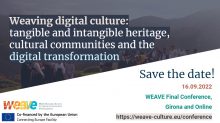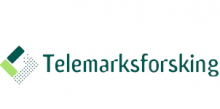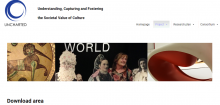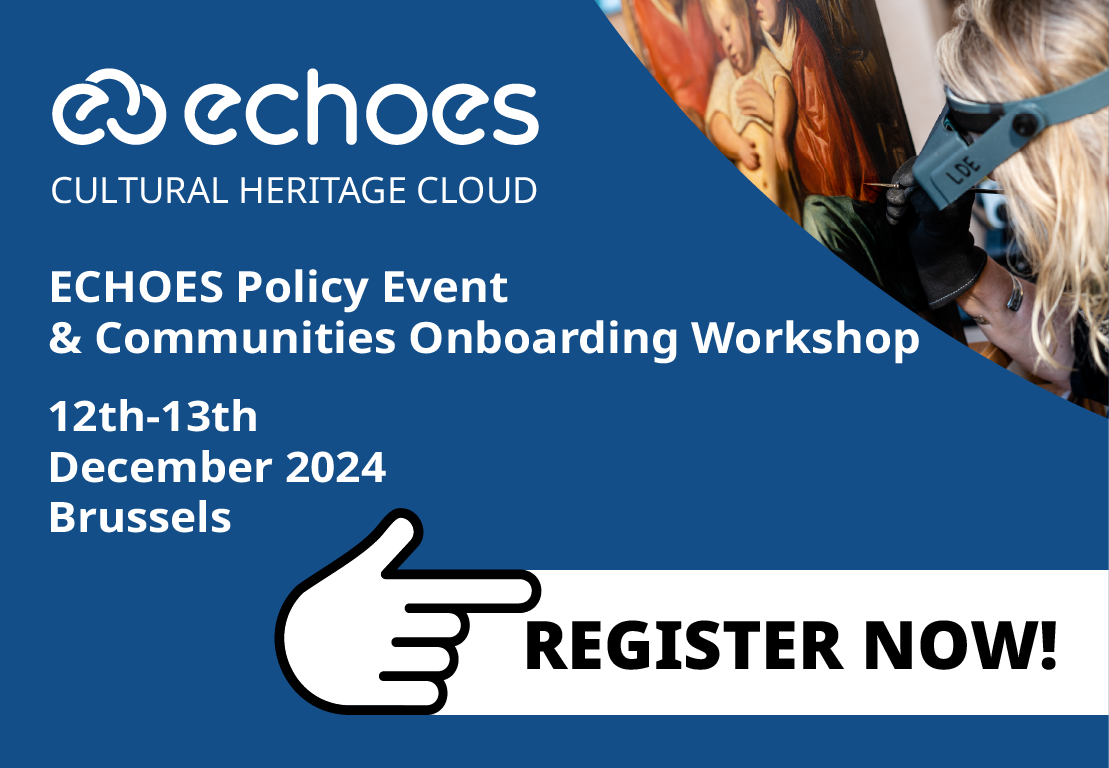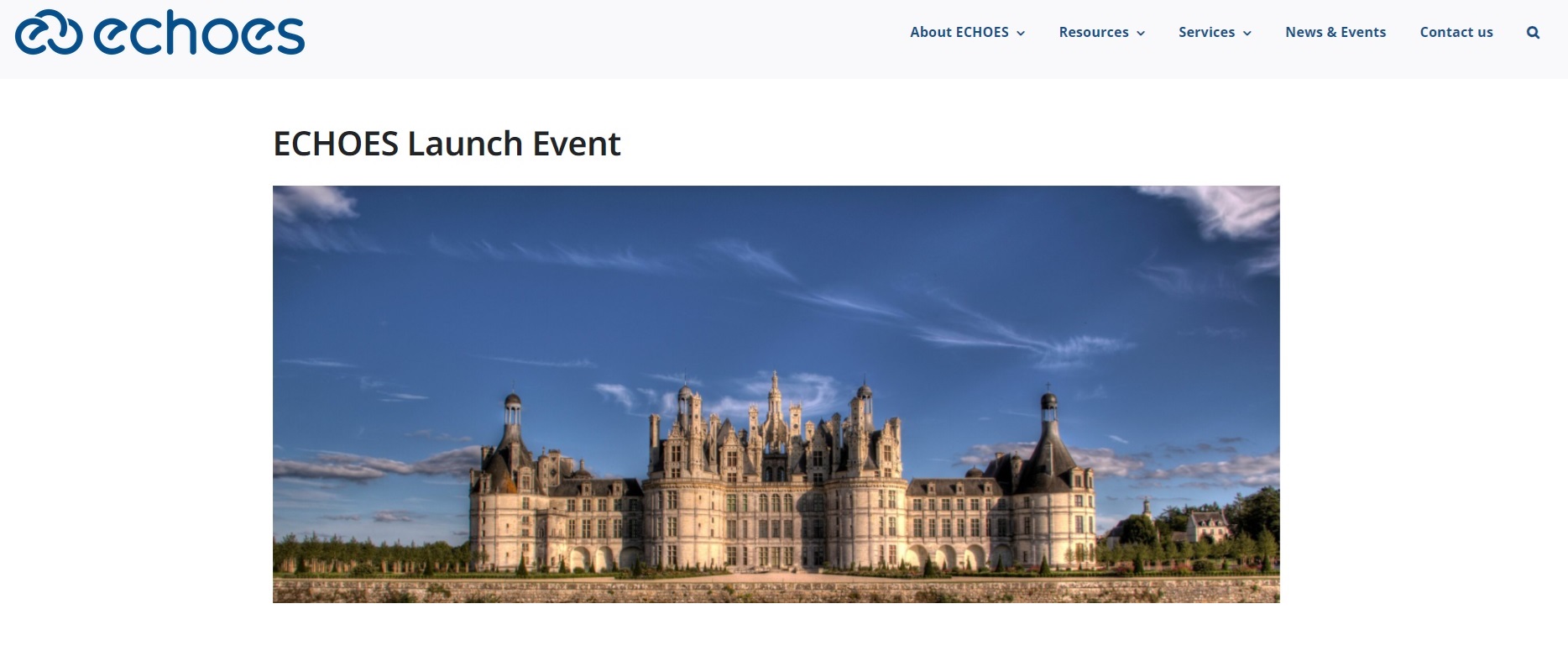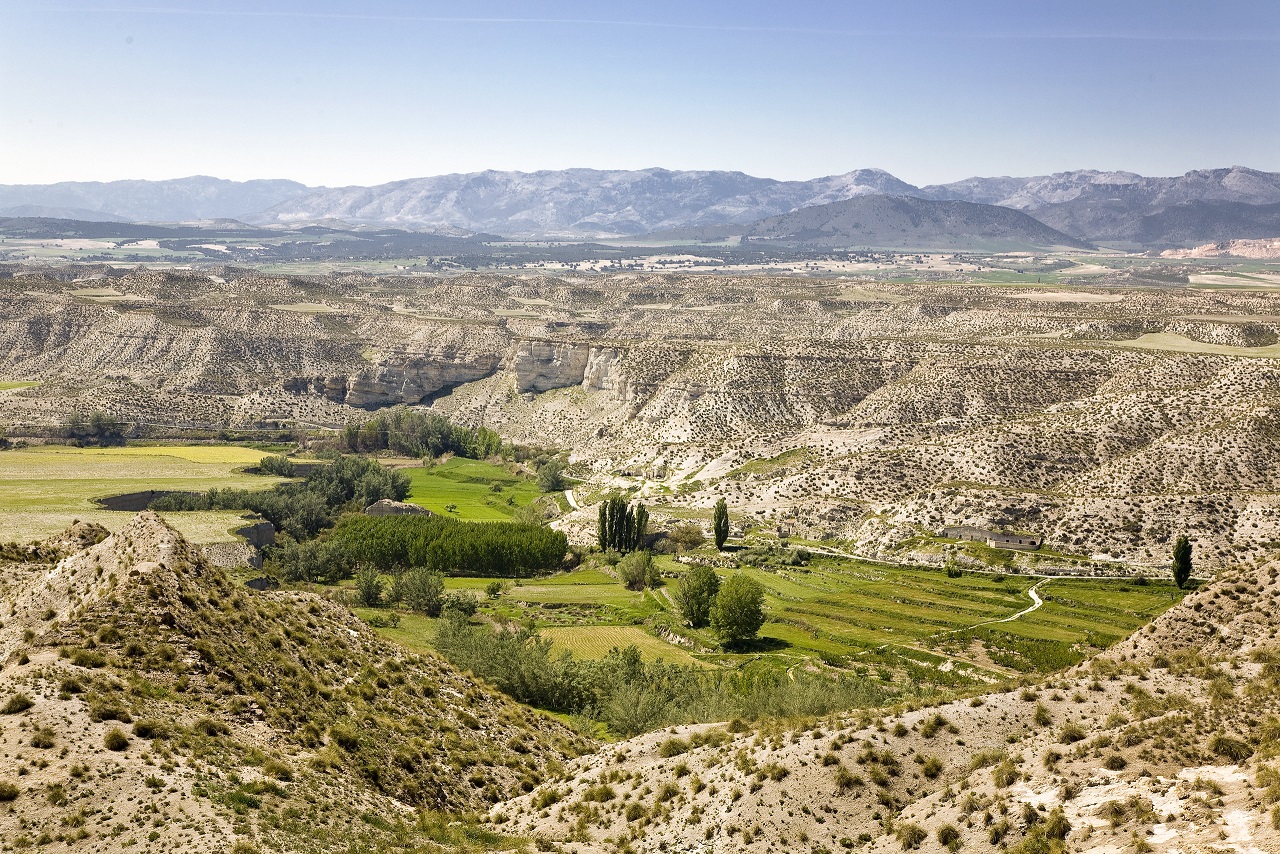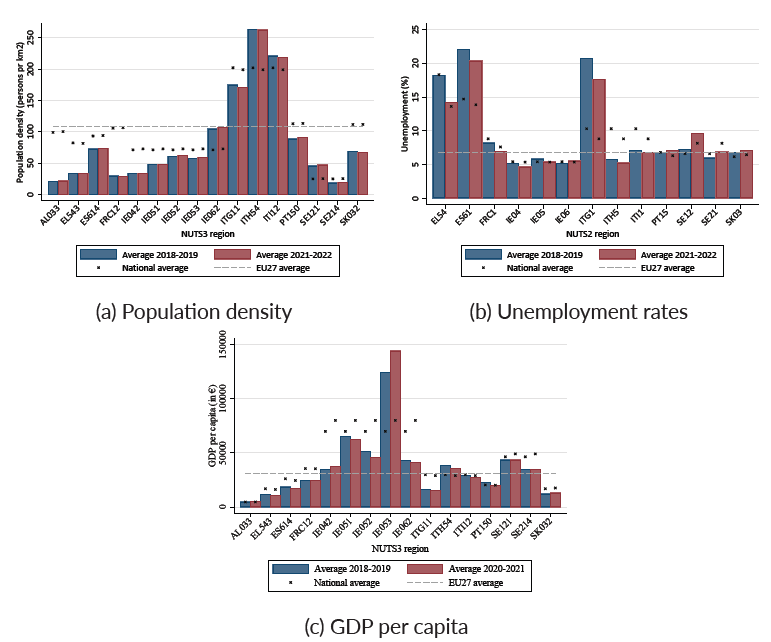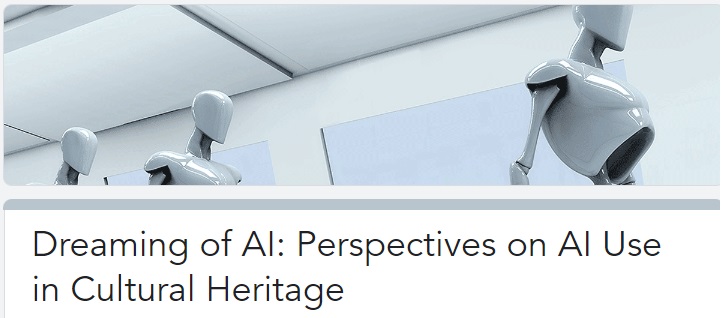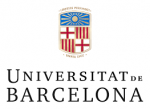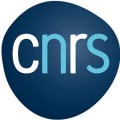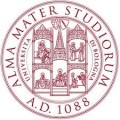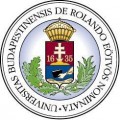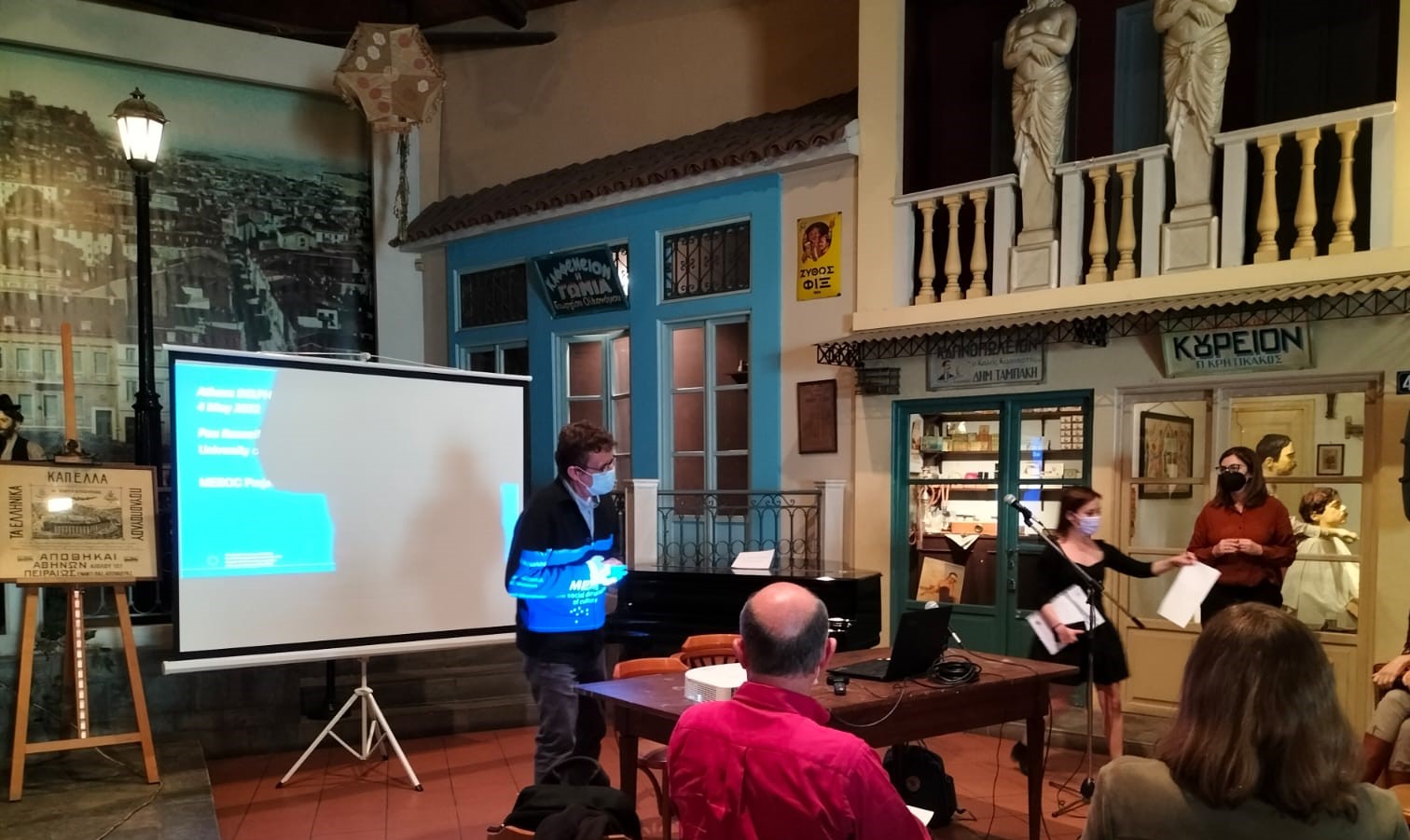 These days, from 4 to 6 May 2022, MESOC project is holding a 3-day event in Athens, hosted by DAEM S.A. (City of Athens IT Company), organized in three workshops that explore different topics:
These days, from 4 to 6 May 2022, MESOC project is holding a 3-day event in Athens, hosted by DAEM S.A. (City of Athens IT Company), organized in three workshops that explore different topics:
- a workshop on the Delphi consultation with invited experts exploring the survey’s results
- a public workshop on the toolkit applications developed by MESOC and their objectives for cultural policies
- a working session on the results of policy dialogues.
These three workshops allow MESOC to articulate and converge around the results to confirm the evaluation variables. That will be a crucial step for the subsequent activities of the project.
UNCHARTED, as a partner of MESOC, was invited and is present in Athens to participate in the consultation.
Further information
The Delphi consultation is a qualitative technique used to arrive at a group opinion by surveying a panel of experts. This exercise is coordinated by the University of Barcelona in order to validate the results of MESOC activities and provide direction for the next steps, and it provides for three-step consultation.
the first questionnaire was launched in July 2021 and aimed at exploring the typologies of social impacts, the transformative effects of cultural experiences, the elements of local context that affect the impact generation process; a second survey in February 2022, had the aim to go more in-depth in the topics of social impact evaluation. The results of the first and second survey will be corroborated through the presential Delphi workshop in Athens.
Policy dialogues. A qualitative analysis of 35 cases selected by MESOC’s partners was coordinated by Politecnico di Milano and led to identifying elements that help describe the conditions affecting the social impact generation capacity. Furthermore MESOC is conducting a series of conversations with policymakers and cultural operators to explore themes as: the role of cultural experience, the impact of norms and regulation, the dynamics of knowledge and competencies formation and transfer, the relevance of resources and infrastructures, and finally. The results of this exploration will ultimately be used to enrich the testing of the MESOC toolkit.
The MESOC toolkit is a geo-referenced visualization tool developed by the University of Rijeka to assess the value and impact of cultural policies and practices throughout Europe. This Toolkit aims to set up relevant indicators to measure current and future cultural policies, which can become a useful resource for cultural operators, policymakers and researchers.



